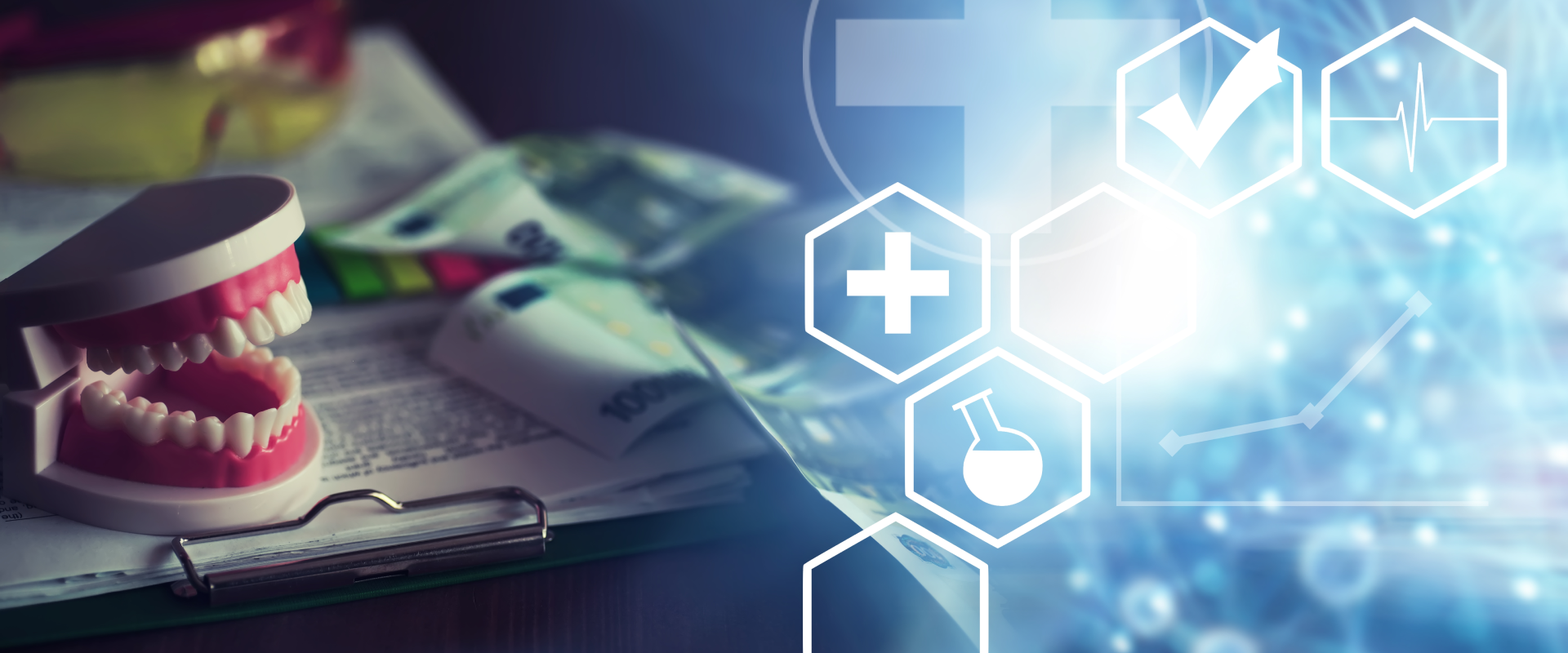
Dental Care at Aarogyam Hospital, Jagatpura
Aarogyam Hospital is proud to be recognized as the most trusted dental clinic in Jagatpura, offering a comprehensive range of dental services for patients of all ages. Whether you need preventive care, cosmetic dentistry, or advanced oral surgery, our experienced team of dental specialists is here to provide you with compassionate, high-quality care. We are equipped with the latest dental technologies and follow stringent sterilization protocols to ensure a safe, comfortable, and painless experience for our patients.
Our services include routine dental check-ups, teeth cleaning, fluoride treatments, tooth extractions, dental fillings, root canal treatments, braces and aligners, pediatric dentistry, and dental implants. As one of the best dentists in Jagatpura, we also specialize in smile makeovers, teeth whitening, and other cosmetic procedures to give you the confidence that comes with a healthy, radiant smile. Our experts are well-versed in handling complex dental cases with care and precision, making us a preferred choice for those looking for a Jagatpura dental clinic that puts patients first.
We understand that dental anxiety is real, which is why our team ensures a calm and friendly atmosphere, especially for children and elderly patients. Our goal is not just to treat dental issues but also to educate and empower our patients about good oral hygiene practices. If you're searching for a dentist near Jagatpura or need emergency dental care, Aarogyam Hospital is here for you with flexible appointments, affordable rates, and patient-focused care.
Located conveniently in Jagatpura, Jaipur, Aarogyam Hospital is easily accessible and has become a go-to destination for families, professionals, and students alike. With a reputation built on trust, advanced treatment, and personalized care, we stand among the top dental clinics in Jagatpura, delivering smiles that last a lifetime.
